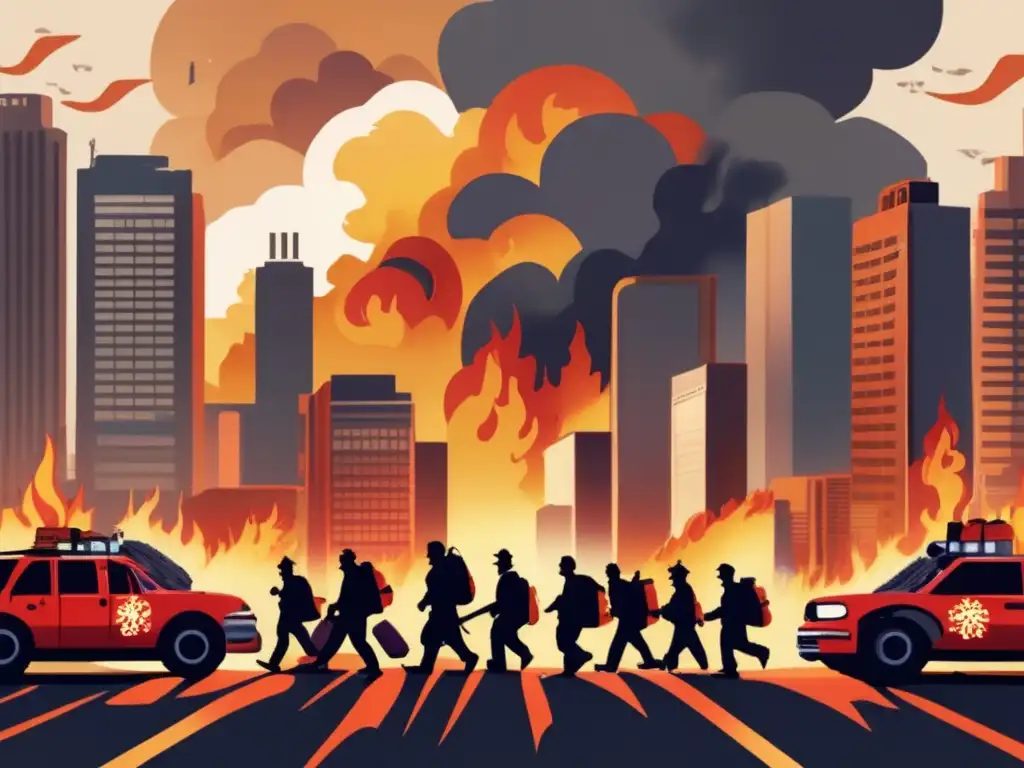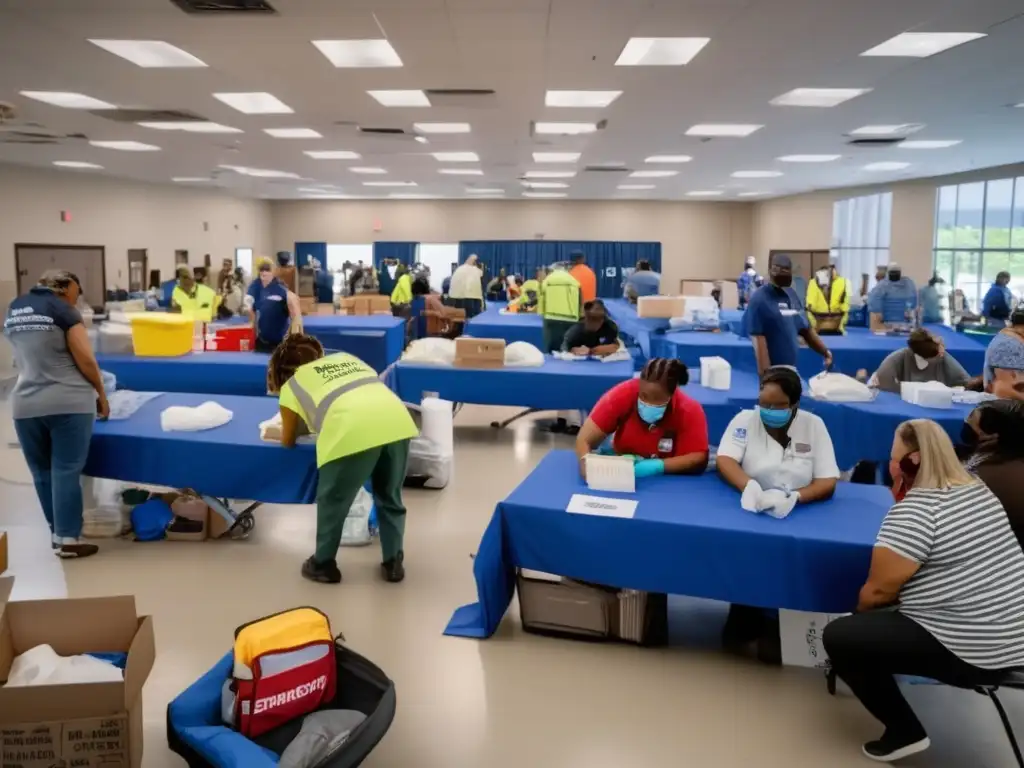The Need For Speed: Understanding Evacuation Timelines

The Need for Speed: Understanding Evacuation Timelines
Introduction
Evacuation is a crucial part of hurricane preparedness, and the timing of it can be life-or-death. As hurricanes are unpredictable, it is essential to understand evacuation timelines and make informed decisions about when to evacuate and how long it will take. In this article, we will provide information on the factors that affect evacuation times and offer insights on how to prepare for a potential evacuation.
Factors Affecting Evacuation Times

Geography and Population Density
Geography plays a vital role in evacuation times. Coastal communities and islands may have only one or a few evacuation routes, leading to bottlenecks, traffic congestion, and longer evacuation times. The population density of the areas to be evacuated also affects the time it takes for residents to leave. Highly populated areas require more time for residents to evacuate, find shelter, and then return home. Additionally, the elderly and people with disabilities will require more time to evacuate, since they may need special assistance, further slowing down the process.
Size and Strength of the Hurricane
The size and strength of a hurricane also impact evacuation times. Smaller hurricanes may not require immediate evacuation, while larger and stronger storms, such as Category 4 or 5, require earlier evacuations due to their intensity and size. As these storms can cause severe flooding, landslides, and damage to infrastructure, residents need to be evacuated in advance to reduce the likelihood of harm and injuries.
Communication and Public Awareness
Effective communication and public awareness can help reduce evacuation times. If residents are given clear instructions on when and how to evacuate, they can act quickly and confidently, leading to a more efficient and smooth evacuation process. Unfortunately, lack of communication or conflicting messages can lead to confusion and delay in evacuation times.
Preparing for an Evacuation

Create an Evacuation Plan
To prepare for a potential evacuation, one must create an evacuation plan. This plan should include a map of the evacuation route, emergency contacts, and a list of essential items that should be carried during the process. Families with elderly members or people with disabilities should take extra precautions to ensure they have appropriate transportation and medical assistance.
Stock up on Supplies
Residents should stock up on basic supplies such as food, water, medication, and clothing ahead of time. They should also make arrangements for pets, secure their home, and back up important documents. It is important to have everything needed ready to go so that evacuation can begin as soon as the order is issued.
FAQs

-
How long does it take to evacuate an area affected by a hurricane?
The duration of an evacuation depends on various factors such as population density, geography, hurricane size, and strength, etc. Generally, it takes 48-72 hours to evacuate an area affected by a hurricane.
-
What can I do to speed up my evacuation process?
You can speed up your evacuation process by having a well-prepared evacuation plan, keeping a stock of essential supplies and arranging transport ahead of time. Following instructions from local authorities and avoiding congested routes can also help save time.
-
What if I cannot evacuate due to physical limitations or other circumstances?
If you are unable to evacuate, it is best to contact local officials as soon as possible to arrange for assistance or other plans. Stay informed and follow advice from local authorities.
-
What should I do if I am in a high-rise building during a hurricane?
During hurricanes, high-rise buildings may not be safe, so it is best to evacuate before the storm hits. If you cannot evacuate, move to a lower floor, an interior room away from windows, and take necessary precautions to stay safe.
-
How can I stay informed about evacuation orders and updates?
Stay informed about evacuation orders and updates through local radio and TV stations, social media, emergency alerts, and community apps. Following official websites and social media accounts of local and national authorities can also provide valuable information.
Conclusion
Evacuation during hurricanes is a matter of life and death. With the help of timely and effective preparation, residents can ensure they make it through a hurricane safely. The need for speed is essential, and every minute counts. It's important to be aware of all the factors that impact evacuation times, prepare well, and stay informed about hurricane developments. By doing so, residents located near the path of a hurricane can avoid danger and have greater peace of mind.
Remember always to follow the official instructions and do whatever is necessary to keep your family and yourself safe.
Additional Resources

 Public Safety Announcements: Making The Most Of Them During A Hurricane
Public Safety Announcements: Making The Most Of Them During A Hurricane Riding The Storm: Key Actions During A Hurricane
Riding The Storm: Key Actions During A Hurricane First Aid 101: Basic Medical Assistance During A Hurricane
First Aid 101: Basic Medical Assistance During A HurricaneIf you want to discover more articles similar to The Need For Speed: Understanding Evacuation Timelines, you can visit the During the hurricane: category.
Leave a Reply

Articulos relacionados: